Sources Of The Christian Self
$58.99
Using Charles Taylor’s magisterial Sources of the Self: The Making of the Modern Identity as a springboard, this interdisciplinary book explores lived Christian identity through the ages.
Beginning with such Old Testament figures as Abraham, Moses, and David and moving through the New Testament, the early church, the Middle Ages, and onward, the forty-two biographical chapters in Sources of the Christian Self illustrate how believers historically have defined their selfhood based on their relation to God/Jesus.
Among the many historical subjects are Justin Martyr, Origen, Augustine, Aquinas, Julian of Norwich, Dante, John Calvin, Teresa of Avila, John Bunyan, Jonathan Edwards, Christina Rossetti, Blaise Pascal, Sren Kierkegaard, C. S. Lewis, and Flannery O’Connor-all of whom boldly lived out their Christian identities in their varied cultural contexts. In showing how Christian identity has evolved over time, Sources of the Christian Self offers deep insight into our own Christian selves today.
in stock within 3-5 days of online purchase
SKU (ISBN): 9780802882677
ISBN10: 0802882676
Editor: James Houston | Editor: Jens Zimmermann
Binding: Trade Paper
Published: March 2022
Publisher: William B. Eerdmans Publishing Co.
Print On Demand Product
Related products
-
Light Within Me
$27.99The celebrated Fox News star and #1 New York Times bestselling author offers a powerful, uplifting look at her life and her spiritual journey, reflecting on her family, her faith, and her successful career.
In her bestselling children’s book Take Heart, My Child, Ainsley Earhardt drew on her childhood and the inspirational notes her father wrote her before school each morning. In this moving memoir, she reminisces about growing up with a father who loved his children unconditionally–a cherished model of parenthood she has adopted with her own daughter–how her Christian faith has shaped her life, and the dynamic journalism career that has made her a trusted household name.
From her insightful political coverage, including a sit-down with Melania Trump, to her powerful reporting covering some of the most headline-making national events, to her live coverage, including Pope Francis’ visit to New York, Ainsley considers her career and the factors that have propelled her to the top of her field, becoming a cohost of Fox & Friends and contributor to Hannity. Ainsley credits her success to the values she learned from her parents, and to the enduring Christian faith that has been her ballast through thick and thin, in good times and in periods of great difficulty.
Filled with inspirational quotes taken from Scripture and illustrated with sixteen pages of never-before-seen photos, her memoir is infused with her spiritual beliefs and will touch the hearts of all her fans, reminding them to count the blessings God has given them every day of their lives.
Add to cart2 in stock
-
New Kind Of Christianity
$16.99After the hailstorm of controversy stirred up by the hardcover, we hope the paperback release keeps the debate going. One of the most innovative Christian voices today and author of the controversial A New Kind of Christian faces head-on the questions that will determine the shape of the faith for the next 500 years.
Add to cart1 in stock
-
Mothers And Daughters Of The Bible Speak
$26.99God always keeps His promises, but not always in the way we expect….
“Have faith” is a phrase we hear all the time. But what does it actually look like to live it out? In The Mothers and Daughters of the Bible Speak, Shannon Bream examines the lives of biblical women to see how God’s plans can turn our worlds upside down. She tells the story of Jochebed, a mother who took enormous risks to protect her son, Moses, from Pharaoh. Could Jochebed have imagined that God’s actual design for her son involved flight into exile and danger? And yet this was all part of the master plan to deliver Israel from slavery. Another biblical mother, Rebekah, made terrible choices in an attempt to ensure her son’s place in history. And a daughter, Michal, struggled to keep her faithless father, Saul, from sin, while battling pride in herself.
Through these stories, Shannon explains the intimate connection between faith and family–and how God’s unexpected agenda can redefine the way we think about family. Not all of these mothers and daughters in the Bible were paragons of virtue. Like us, they were human beings who faltered and struggled to do their best. While some heard God’s voice, others chose their own paths. Through the lens of their imperfections, we can see how God used their stories to bring about His divine plans. He’s still doing the same work in our lives today.
The Mothers and Daughters of the Bible Speak shows that faith is more often a twisting road than a straight line. Yet, as the stories of biblical families attest, at the end of these journeys lies greater peace and joy than we could ever imagine.
Add to cart4 in stock
-
Great By Choice
$29.99The new question
Ten years after the worldwide bestseller Good to Great, Jim Collins returns with another groundbreaking work, this time to ask: Why do some companies thrive in uncertainty, even chaos, and others do not? Based on nine years of research, buttressed by rigorous analysis and infused with engaging stories, Collins and his colleague, Morten Hansen, enumerate the principles for building a truly great enterprise in unpredictable, tumultuous, and fast-moving times.The new study
Great by Choice distinguishes itself from Collins’s prior work by its focus not just on performance, but also on the type of unstable environments faced by leaders today.With a team of more than twenty researchers, Collins and Hansen studied companies that rose to greatness-beating their industry indexes by a minimum of ten times over fifteen years-in environments characterized by big forces and rapid shifts that leaders could not predict or control. The research team then contrasted these “10X companies” to a carefully selected set of comparison companies that failed to achieve greatness in similarly extreme environments.
The new findings
The study results were full of provocative surprises. Such as:The best leaders were not more risk taking, more visionary, and more creative than the comparisons; they were more disciplined, more empirical, and more paranoid.
Innovation by itself turns out not to be the trump card in a chaotic and uncertain world; more important is the ability to scale innovation, to blend creativity with discipline.
Following the belief that leading in a “fast world” always requires “fast decisions” and “fast action” is a good way to get killed.
The great companies changed less in reaction to a radically changing world than the comparison companies.
The authors challenge conventional wisdom with thought-provoking, sticky, and supremely practical concepts. They include: 10Xers; the 20 Mile March; Fire Bullets, Then Cannonballs; Leading above the Death Line; Zoom Out, Then Zoom In; and the SMaC Recipe.Finally, in the last chapter, Collins and Hansen present their most provocative and original analysis: defining, quantifying, and studying the role of luck. The great companies and the leaders who built them were not luckier than the comparisons, but they did get a higher Return on Luck.
This book is classic Collins: contrarian, data-driven, and uplifting. He and Hansen show convincingly that, even in a chaotic and uncer
Add to cart1 in stock

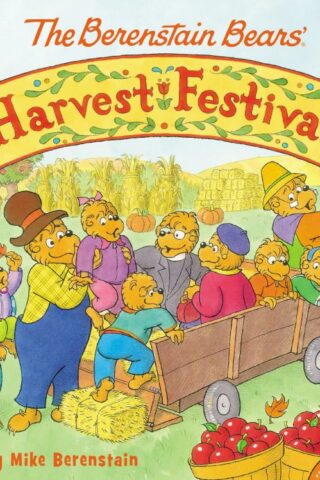 Berenstain Bears Harvest Festival
Berenstain Bears Harvest Festival
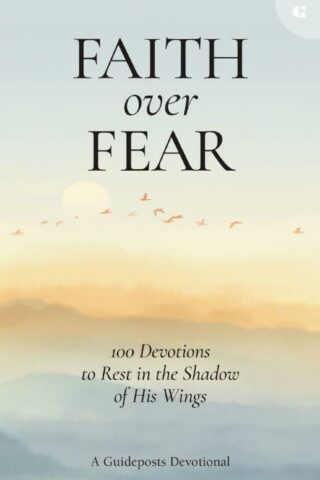


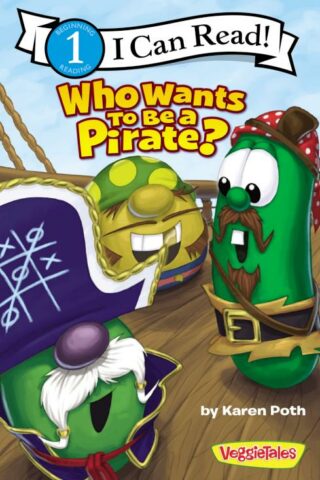

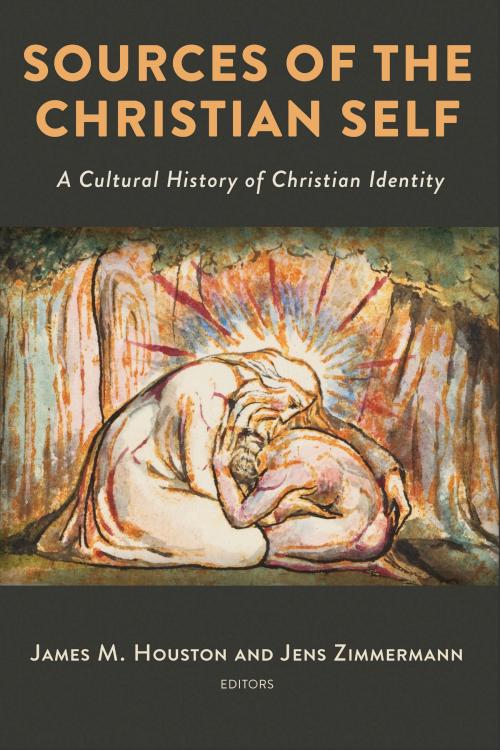

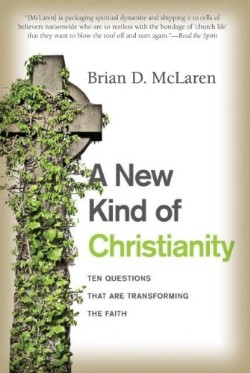

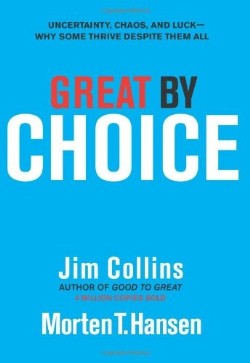
Reviews
There are no reviews yet.